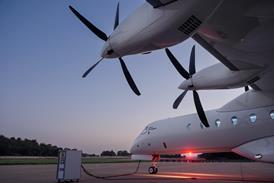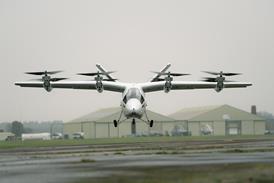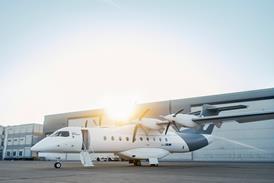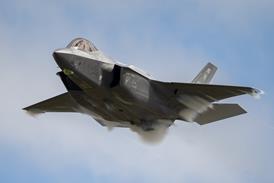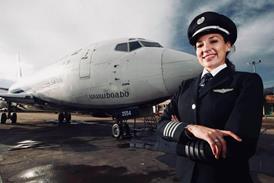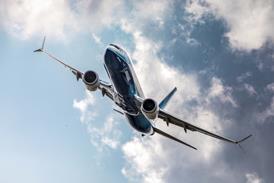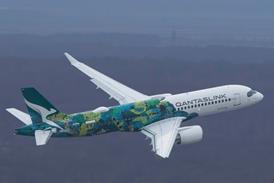A European airport capacity shortage that will begin to damage the EU economy within a decade is being obscured from public and political view by the current recession, according to two recent studies.
A report published by Eurocontrol predicts that, by 2030, nearly 17% of the demand for air travel will not be able to be met, purely because the airport infrastructure will be swamped by then. However, air traffic management systems would be able to cope with the airborne traffic. Eurocontrol director general David McMillan says: "Eurocontrol has been documenting the need for more airport capacity for some time now. The looming airport capacity crunch remains an issue that needs a lot more visibility."
The damage to the economy will start well before demand exceeds supply, says Eurocontrol, explaining: "The network will be more vulnerable to delays that will propagate more rapidly and widely."
Once hub airports begin to employ more than 75% of their theoretical maximum capacity, their ability to cope efficiently with bad weather, operationally caused delays, and to provide reliable flight connectivity reduces rapidly.
In a recently released study, London's mayor Boris Johnson says that the UK capital, as a world hub, will be particularly hard hit, and far earlier than Frankfurt, Paris Charles de Gaulle or Munich. This is because Heathrow is already at full capacity and Gatwick is close to it.
By 2030, according to the London study, demand for air travel at London's airports will exceed supply by 55 million passenger journeys a year.
Source: Air Transport Intelligence news

